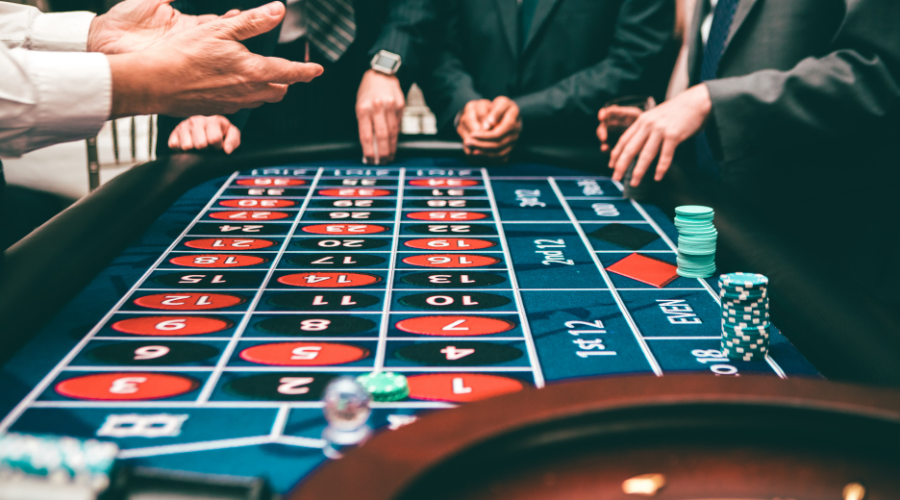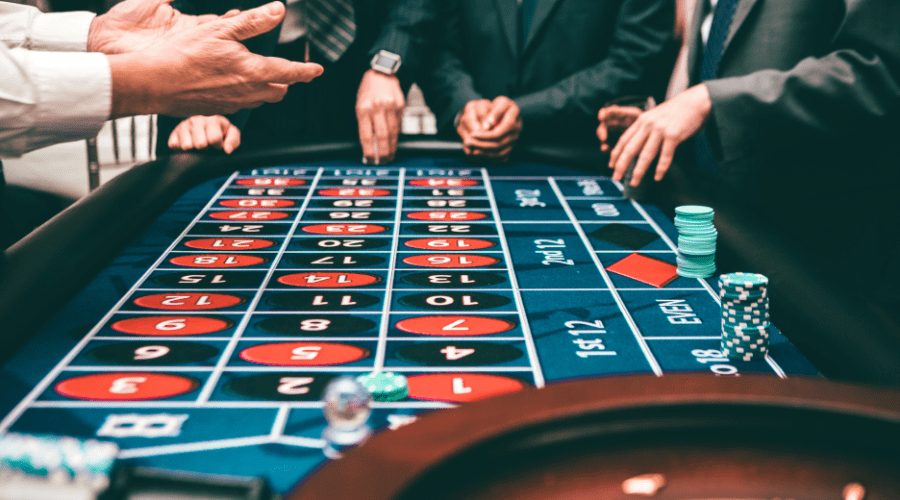Articles by Rick Benson
Over the years, I’ve worked with a lot of individuals struggling with gambling...
Super Bowl 2026 is right around the corner, and for many, that brings a lot of...
Recovering from gambling addiction requires commitment, support, and...
Relapse is one of the most difficult hurdles to overcome in the journey to...
Recovery from gambling addiction is a multi-faceted journey that touches the...
As someone who’s not only recovered from gambling addiction but also dedicated...
Over the past 30 years of treating people with gambling addiction, I’ve seen...
For September's National Recovery Month, we wanted to highlight the stories of...
I know firsthand how difficult it can be to face the temptation of gambling. As a...
Have you ever wondered about the impact gambling has on your brain? Gambling is...

%20(49)-3.png)

.jpg)

%20(2)-1-1.png)




